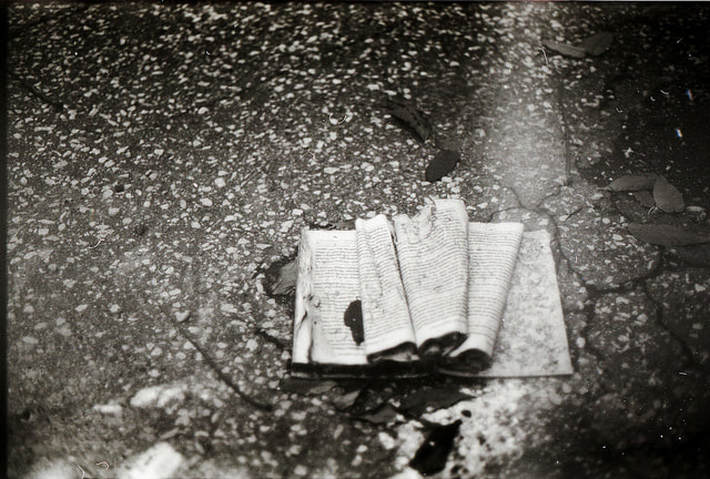Truly great books get even better with rereading. Some books are so great I can reread them perpetually.
I have reread some books I thought were good to find they remained good. My opinion of them did not change much.
I often finish weak books, but I rarely reread them. When I do reread weak books, they often seem even weaker and the reading itself becomes a chore.
I simply abandon books I find utterly weak and never return to them.
But what about a book that seemed good on first reading, but falls apart when it is reread? What kind of book is that?
As far as I'm concerned, these kinds of books are the worst. They are the worst because they make you question your own critical faculties and your skills as a reader. As you reread a book you thought was good but now doubt, you find yourself wincing and asking questions such as, "Why the hell was I thinking when I read this the first time round?"
What makes the experience so unsettling is the realization that the book you are holding in your hands did not change at all - it remained the same despite the passage of time. What has changed is you.
Now this is all fine and well for a rereading that occurs ten years after an initial reading. In cases like that, you have changed considerably, so it is little wonder that your opinion of a book may not be as high as it was when you were younger and less worldly. But what can be said about a book you decide to reread within a year or two?
I recently had such an experience. What was the cause behind the disillusionment during the second reading? Well, in this instance I quickly realized I had not read the work objectively. I became disillusioned because I had allowed myself to become illusioned. I had allowed my personal biases to cloud my critical faculties. In short, when I read this particular work the first time I had literally willed it to be a good read. I had muffled all my misgivings and doubts and, like some lovelorn adolescent, lulled myself into seeing only what I wanted to see, rather than what was truly there. I ignored every flaw, was blind to every fault, and made subconscious excuses for every weakness I encountered (and, unfortunately, there were many of these - too many to count). In the end, I could not conjure up the same spell within me upon rereading, and the book simply crumbled in my hands.
I believe this is a common problem for many readers, especially when we read a book by authors whose works we respect and admire. We simply allow this respect and admiration to flow over into the reading of their unread works, clouding our perception of whether a particular work is truly great or not.
Perhaps this is merely one of our many human faults - to let positive past experiences overpower the reality of the present. To be more lenient to and forgiving of those we admire. To avoid the discomfort of challenging the notions we have built up about a writer and their books when confronted with a book that does not meet the same quality the writer achieved in his or her other works. Perhaps it is a little of all of these things.
Regardless, henceforth I vow to be far more vigilant, objective, and honest when I read books for the first time, even if, or more correctly, especially when they are written by authors I revere.


 RSS Feed
RSS Feed

